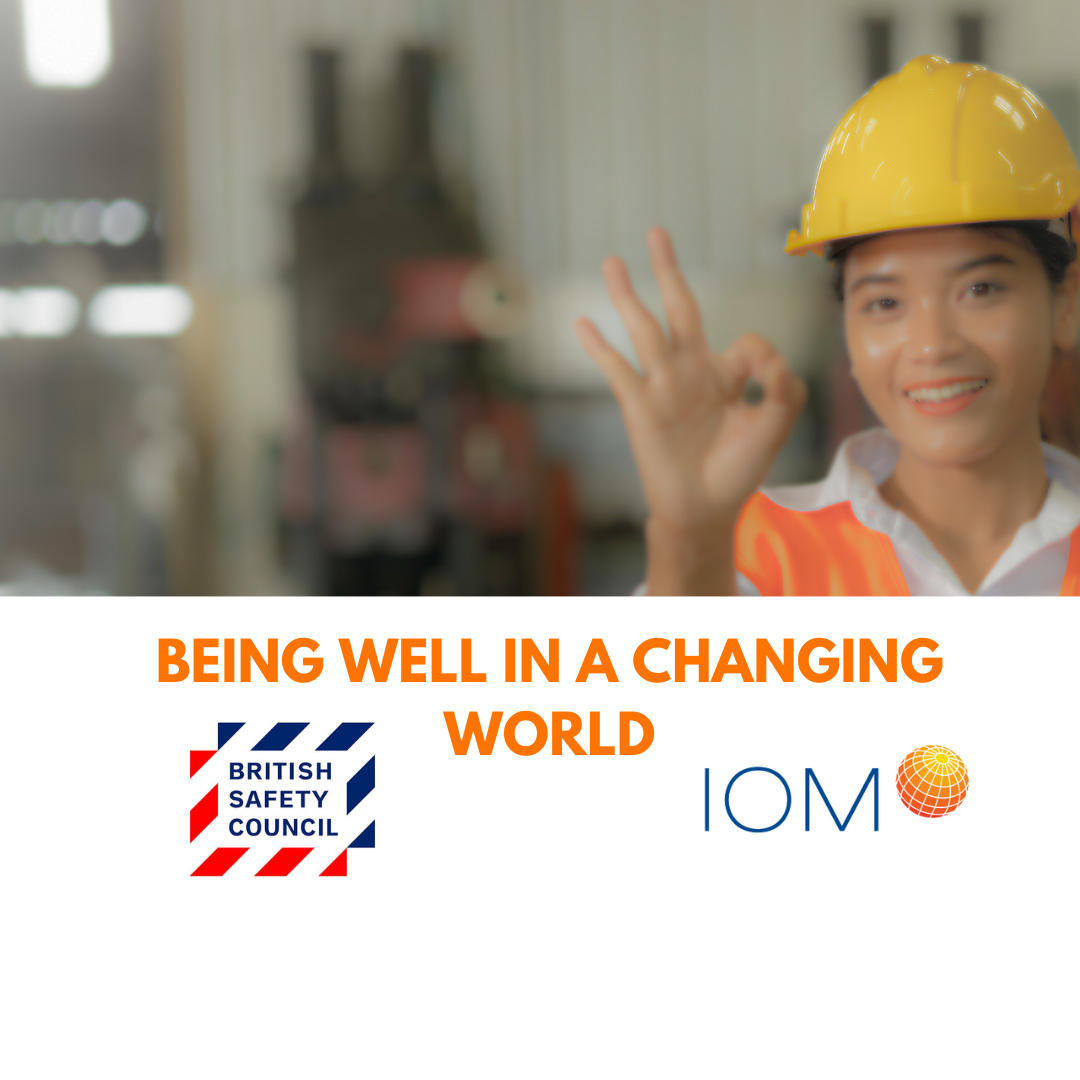
Being well in a changing world


In today’s rapidly changing world, the wellbeing of employees has never been more important. This joint research project, by British Safety Council and the Institute of Occupational Medicine, titled “Being Well in a Changing World,” delves into the current practices that employers are implementing to support (or improve) the wellbeing of their workforce. This comprehensive study highlights the importance of a shared approach to supporting worker wellbeing amidst the social, political, and economic changes that the future, inevitably, holds.
The world is changing at an unprecedented pace, and these changes can often seem overwhelming for both employers and employees. From the return of war in Europe and armed conflict in the Middle East to the global pandemic that claimed millions of lives, the challenges are immense. In the UK, health outcomes now lag behind similar developed nations, compounded by the impacts of the COVID-19 pandemic. Economic growth has been largely stagnant, and levels of economic inactivity continue to rise.
The research identified several key findings:
The report makes 5 principal recommendations to ensure that worker wellbeing is better supported. These are:
Both the IOM and British Safety Council are committed to creating healthier working environments and increasing the wellbeing of the workforce. Their advice and guidance can be found here and here.
Notifications